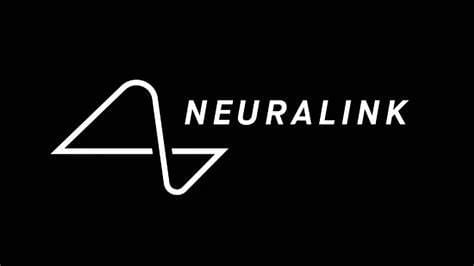Neuralink Successfully Implants Brain Chip in First Human
While Neuralink's achievement is a significant stride in the field of brain-machine interfaces, the company has faced scrutiny regarding safety protocols.

Elon Musk's brain-chip startup, Neuralink, has achieved a significant milestone by successfully implanting its brain-computer interface (BCI) in a human patient. Musk announced the development on the social media platform X, revealing that the initial results indicate promising neuron spike detection. Neuron spikes refer to the activity of neurons, cells that use electrical and chemical signals to transmit information within the brain and to the body.
The first human received an implant from @Neuralink yesterday and is recovering well.
— Elon Musk (@elonmusk) January 29, 2024
Initial results show promising neuron spike detection.
Having received clearance from the U.S. Food and Drug Administration (FDA) last year, Neuralink embarked on its first trial to test the implant on humans. This trial is a pivotal step toward Neuralink's ambitious goals of assisting patients in overcoming paralysis and various neurological conditions. The startup aims to enable individuals to control a computer cursor or keyboard using their thoughts alone.
The brain-computer interface involves the use of ultra-fine threads to transmit signals within participants' brains. The successful implantation is part of Neuralink's PRIME Study, which focuses on evaluating the safety of the implant and the surgical robot used in the procedure. The study employs a robot to surgically place the BCI implant in a specific brain region controlling the intention to move.
Elon Musk shared that the first product resulting from Neuralink's efforts would be named "Telepathy." While Neuralink's achievement is a significant stride in the field of brain-machine interfaces, the company has faced scrutiny regarding safety protocols. Recent reports highlighted fines imposed on Neuralink for violating U.S. Department of Transportation rules related to the movement of hazardous materials.
Furthermore, concerns were raised about the technology's safety after veterinary records revealed issues with the implants tested on monkeys, including problems like paralysis, seizures, and brain swelling. In late November, four lawmakers urged the U.S. Securities and Exchange Commission to investigate whether Musk had misled investors about the safety of Neuralink's technology.
The successful implantation marks a crucial moment for Neuralink, pushing the boundaries of neurotechnology and paving the way for potential advancements in brain-machine interfaces.




